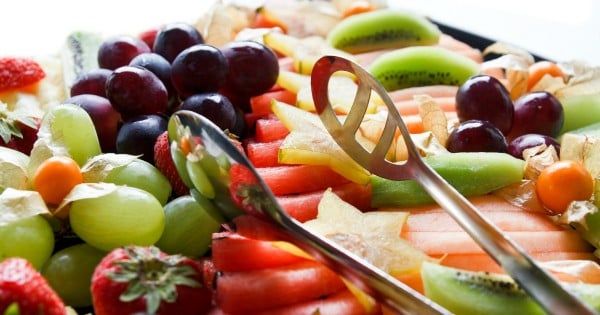
When it comes to health advice, there’s a lot of white noise out there. From health coaches to fit Instagram stars and personal trainers to wellness bloggers, the breadth of health “dos and don’ts” out there can be confusing at best and dangerous at worst.
We asked the professionals – you know, those people who have actually studied nutrition and health – to put to rest the worst health advice they’ve heard.
1. You should eat low fat food options if you’re trying to manage your weight.
“Over the past few decades, fats were seen as the devil. Health authorities and food companies asked us to eliminate fats from our diets and the supermarkets became swamped with low-fat foods. But fortunately, research has shown that our bodies do need dietary fats. Fats play important roles in your body, like helping to absorb certain vitamins, building membranes on every single cell in your body and sustaining nerve function. So instead of going with the ‘no fat/low fat’ option, aim to include a small amount of healthy fats with each meal. Try adding some salmon, slithered almonds and pepitas into your fresh seasonal salad.” – Rebecca Gawthorne, SumoSalad’s partnering Dietitian and Nutritionist
Watch: Dani Venn shows us how to make a delicious quinoa and prawn dish. (Post continues after video.)

Top Comments
'Slithered almonds' lol 🐍
Gee, I have been saying this stuff for years and I am not even a doctor. It's all about balance, our diets are carb heavy, because we don't balance them with the proper amount of protein, fats and fiber. We don't need to cut carbs completely just make sure we other things with them to help our bodies process them better.